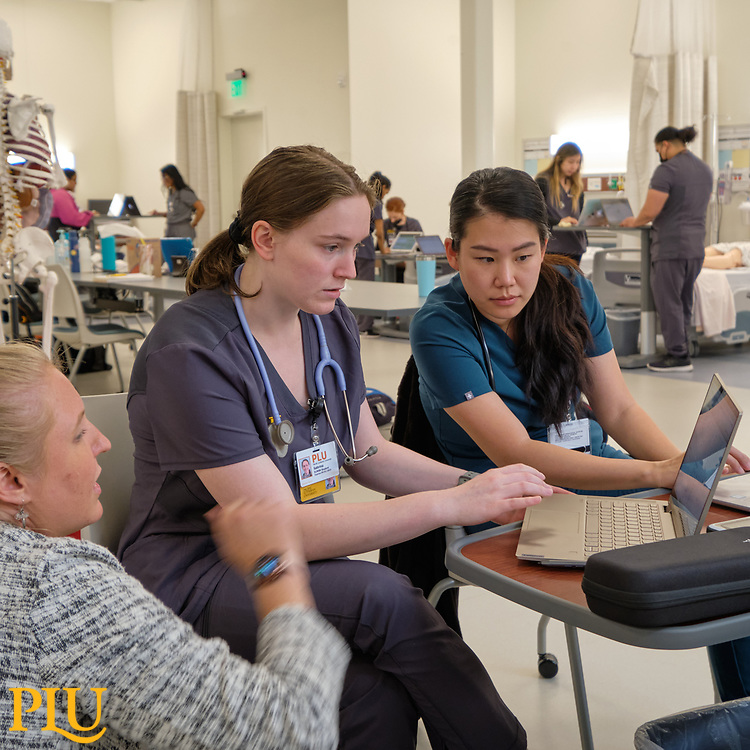Rina, nursing student from the Philippines, is back with a guest blog post sharing her strategies for college success!
College Success 101
Strategy #1: Mastering the Art of Studying
Studying can be hard. Hours spent in the library, staring at your computer can be difficult, not just physically but also mentally. Upon entering university, my study strategies were rather lackluster, and instead I found myself often cramming the night before and even seconds before an exam. Deem studying to be like an art, unique to every individual, can vary and change according to one's needs. Here are some strategies that you can try to incorporate.
Create a Study Schedule: Time management is crucial. Break down your study sessions into management chunks and allocate specific times for different subjects.Active Learning: Engage with the material actively rather than passively. Take notes, ask questions, and participate in discussions to reinforce understanding.
Utilize Resources: Take advantage of resources available to you, whether it's textbooks, online tutorials, or study groups. Don't hesitate to seek help when needed.
Strategy #2: Conquering Stress
Being a nursing student, there are many classes that discuss the value of self-care and managing one's stress. It's also valuable to find a balance between yourself and the work that you have to do so that you don't overwork yourself.Practice Self-Care: Make self-care a priority. Get enough sleep, eat healthily, exercise regularly, and carve out time for activities you enjoy.
Mindfulness and Meditation: Incorporate mindfulness and meditation into your daily routine to quiet the mind and cultivate inner peace.
Connect with Others: Surround yourself with a supportive network of friends, family, and mentors who uplift and encourage you during challenging times.
Strategy #3: Know When to Ask for Help
Asking for help can be difficult, especially when you're unsure of what you need.
Recognizing Your Limits: We're all human, and we all have our limits. Acknowledging when you're struggling or feeling overwhelmed is the first step towards finding a solution. Don't be afraid to pause, reassess, and reach out for guidance when needed.Accessing Resources: Colleges offer a plethora of resources to support students academically, emotionally, and socially. Whether it's tutoring services, counseling centers, or peer support groups, these resources are there to help you overcome challenges and thrive.
Building Community: One of the greatest assets of college life is the sense of community it fosters. Don't hesitate to lean on your peers for support or offer a helping hand when they need it. Together, you can navigate the highs and lows of academia and emerge stronger and more resilient.
























